
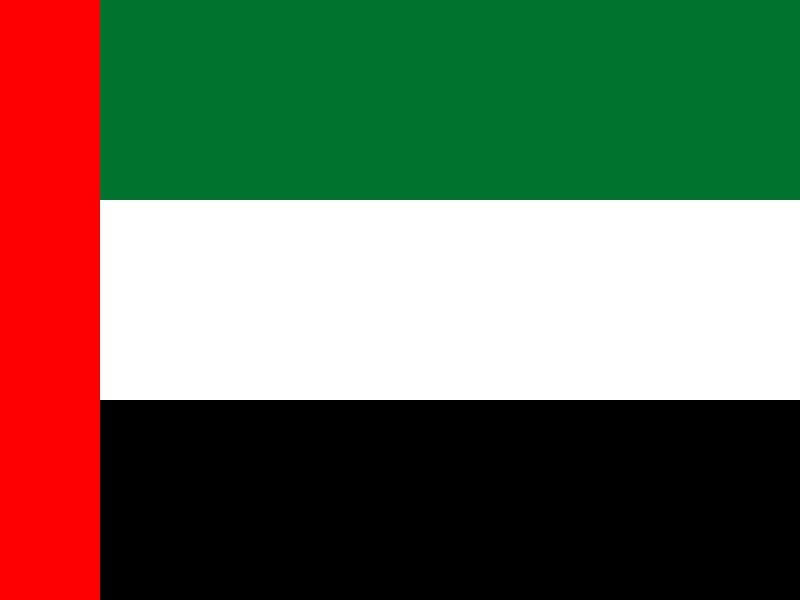
阿拉伯联合酋长国
The United Arab Emirates (UAE) is a federation of the Middle East and member of the Gulf Cooperation Council (GCC) and the OPEC. Located in the Arabian peninsula, it borders Oman to the southeast, with the Persian Gulf to the north and Saudi Arabia to the west and south. Its territory is made up of seven emirates: Abu Dhabi, Ajman, Dubai, Fujairah, Ras al-Khaimah, Sarja and Umm al-Qaywayn. Each emirate has considerable political, judicial and economic autonomy.
The emirates are inhabited by 9 million people. The capital is Abu Dhabi, although the most populated city and well-known city is Dubai, which is one of the most cosmopolitan cities worldwide. Arab and English are the official languages. The official currency is the United Arab Emirates Dirham (AED).
The UAE is the 30th economy by volume of GDP. The federation is one of the richest countries worldwide, supported by a liberal and open economy with the 8th highest per capita income worldwide and a considerable annual trade surplus. The UAE's wealth is largely based on the exploitation of oil, having the seventh largest reserves of oil worldwide. It also has one of the largest natural gas reserves worldwide, but is mostly used domestically as a raw material to generate electricity and for injection into mature oilfields. Last years, the country made efforts to diversify its economy, but with the exception of Dubai, most of the UAE is still dependent on oil revenues.
The tourism is one of the largest non-oil sectors, housing the most luxury hotels worldwide, and driving the real estate and infrastructure sector, and the retail sector. Specially in Dubai, which is one of the largest shopping hubs worldwide. Other important industries include the manufacture and maintenance of civil, military and related aerospace equipment, defense electronics, and other related equipment, and telecommunications.
The financial sector has also special importance in both Dubai and Abu Dhabi. The Dubai International Financial Center (DIFC) is a Dubai's free-zone and the major global financial hub of the Middle East, Africa and South Asia markets. It has its own independent regulator and judicial system, common law framework, full foreign-ownership, no capital controls, its own capital market and a tax-friendly regime, where major international financial institutions have their branch or subsidiary. Other relevant financial center is the Abu Dhabi Global Market.
In addition, the UAE has forty-five free zones, where their incorporated companies can benefit from a hundred percent foreign ownership, full import and export tax exemption, hundred percent repatriation of capital and profits, corporate tax exemption and no personal income taxes, no currency restrictions, double taxation treaties, low cost of operations, fast-track start-up and licensing procedures, one-stop-shop administration services. Besides provide legal, housing, residency visas, labor and other facilities.
Free zones are broadly categorized as sea port free zones, airport free zones, and mainland free zones, and each caters one or more business industries. There are three free-zones, Jebel Ali (Dubai), Ajman and RAK (Ras al Khaimah) where it is possible to incorporate an Offshore Company. Offshore Companies may have some restrictions to do business with residents and own real estate within the country (except Jebel Ali's, which can own certain properties within Dubai). Offshore companies in UAE benefit from low capital requirements, confidentiality and easy accounting.
At Flag Theory, we help you to find strategic locations globally to build your life internationally, and diversify your business and personal finances to maximize your freedom, privacy and wealth. Below, you will find further information on why and how to set up an Offshore Company in UAE, open an offshore bank account, investment and business opportunities, and how to get residency in this Middle-east country.

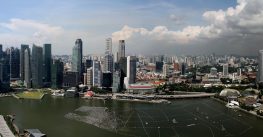
Where to set up an International Business – Part 2: Asia
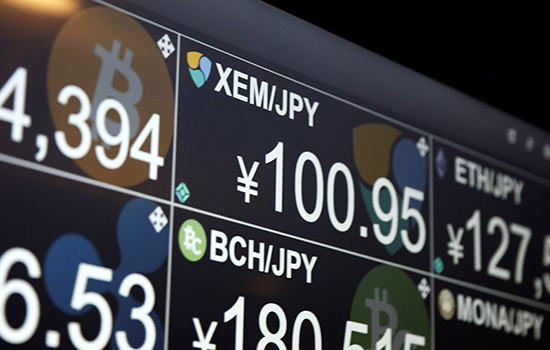
在何处设立加密货币交易所–第二部分:在亚太区设立加密货币交易所
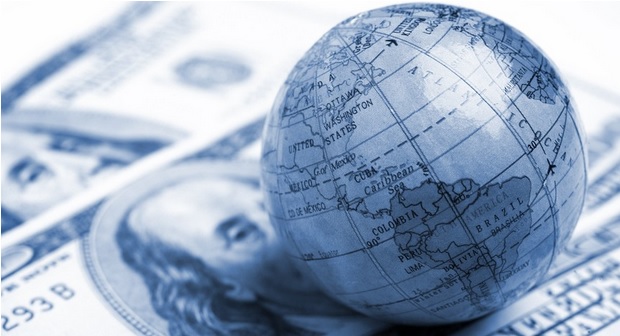
Where and how to open an international bank account

What you should consider when designing your Offshore Strategy

Where you can establish your tax residency to legally reduce your tax bill
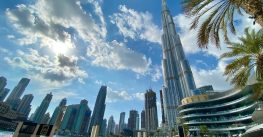
UAE’s Free Zones, Onshore and Offshore Companies
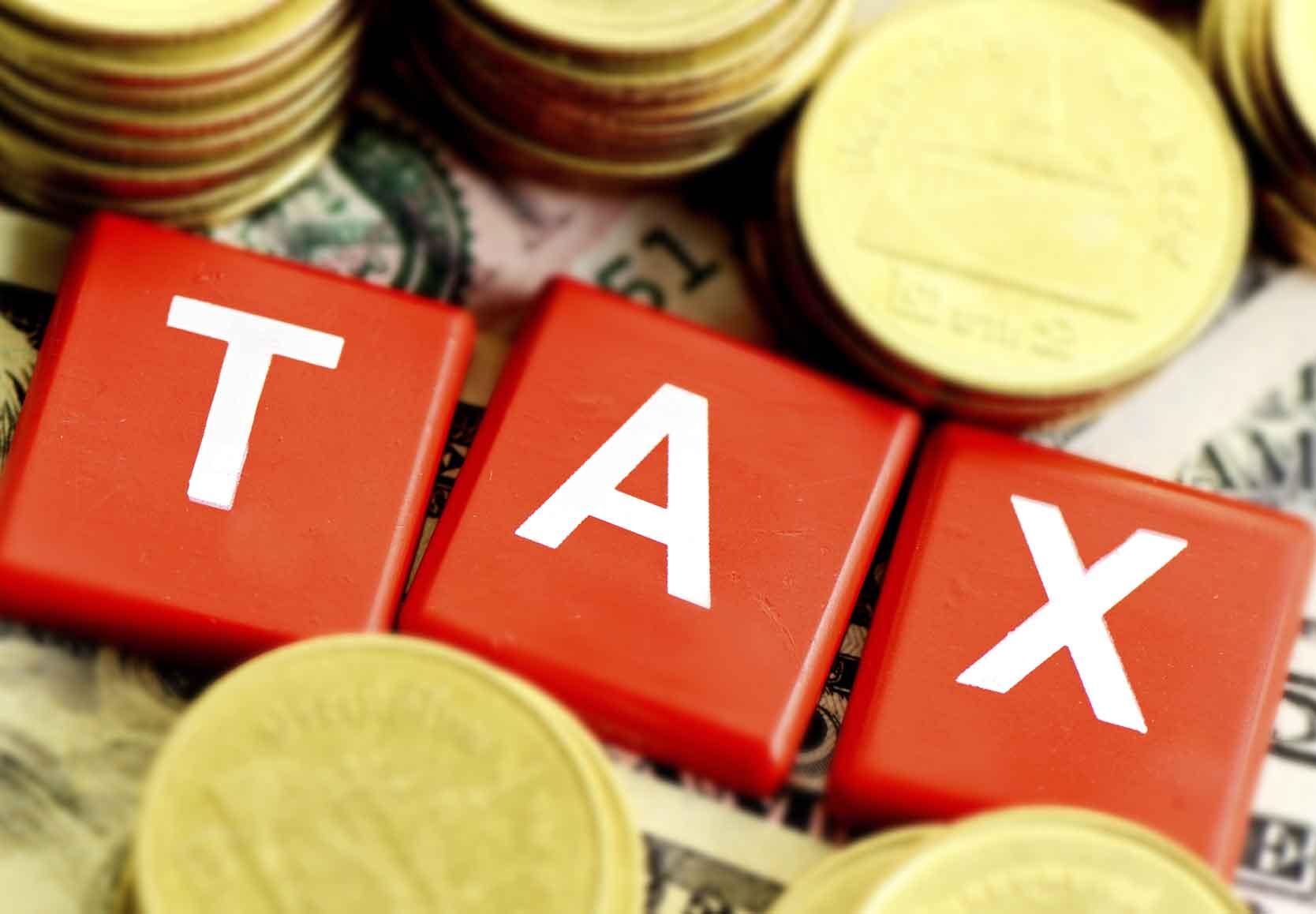
Complete List of Tax Free Countries for Personal Residency in 2017
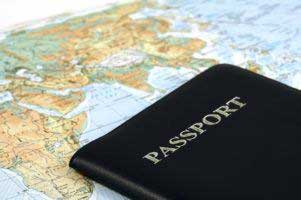
Dual Citizenship: List of Countries that Recognize it And Those that Don’t
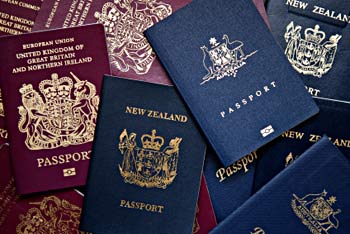
Citizenship by Residency
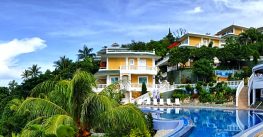
(Almost) Tax Free in Paradise [Infographic]

Data Mining and Drug Sniffing Lasers




